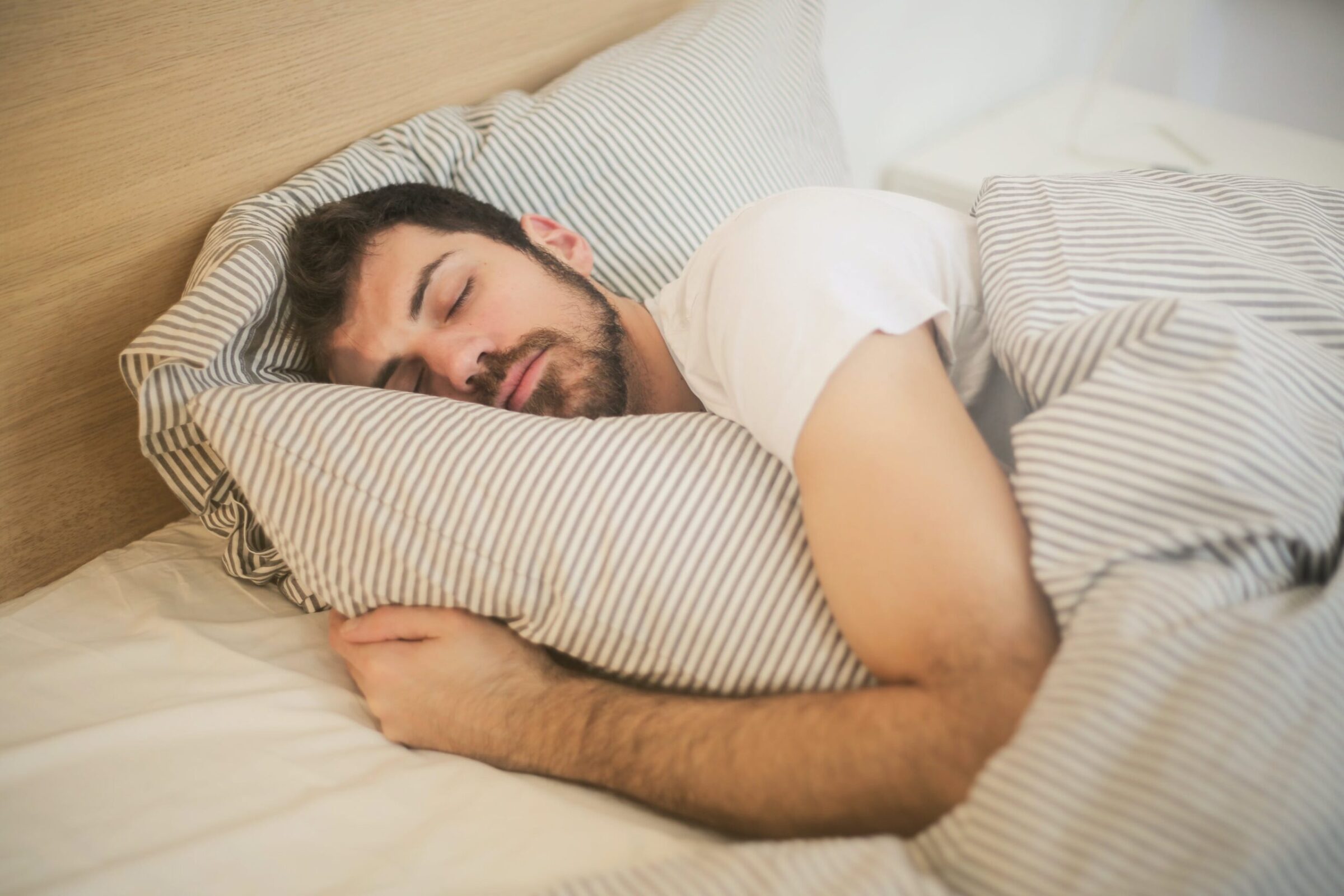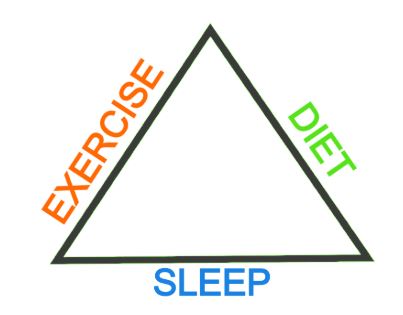
When one thinks about staying or becoming more healthy, typically what comes to mind is, “I need to eat better and make sure I get my exercise in.” What about those with an injury or sickness? “I need to listen to my doctor and/or physical therapist and be careful not to re-injure myself.” Diet and exercise are all well and good, but there is another side to our health triangle that is very commonly overlooked when it comes to everyday health or injury recovery. Sleep has a major impact on our bodies’ level of function. The quality and quantity of sleep we attain each night will have a positive or negative affect on our everyday health and even on recovery. At the end of this blog, you can find links to additional information to further understand sleep as well as other sleep topics, disorders, and solutions to a better night’s sleep!

What Does the Research Show?

Many studies have been performed and reviewed to determine the effect sleep has on the average person’s body. A collection of studies from the year 2015 revealed these findings:
- Subjects who participated in physical activity in the morning before performing their everyday activities did not show any significant difference in muscle recovery/restoration after sleeping eight (8) hrs that night. On the other hand, those who participated in the same physical activity in the evening showed substantial muscle recovery/restoration following eight hours of sleep.
- Those who participated in exercises in the evening showed increased quality of sleep whereas those who exercised in the morning did not show any change in sleep quality.
- Sleep deprived subjects showed decreased reaction time and short term memory, but after receiving eight hours of sleep, reaction time as well as memory recall improved.
A 2013 study review revealed:
- Different amounts of sleep as well as different stages of sleep are required for different levels of recovery and can vary from patient to patient.
– During the Non-Rapid Eye Movement (NREM) sleeping stages, declarative memory (verbal memory) showed improvement and blood flow to the muscles and other bodily organs increased to promote tissue healing
– During the Rapid Eye Movement (REM) sleeping stage, procedural memory (ex: memory of how to perform a task) improved while muscles relaxed, assisting in decrease of pain. - Taking a mid-afternoon nap (less than 30 minutes) showed significant decrease in fatigue and drowsiness as well as increased mood and performance in subjects of all ages (children to the elderly).
- Individuals who suffer from neurodegenerative diseases such as Alzheimer’s, Parkinson’s, dementia, etc… show more fragmented sleep patterns resulting in decreased sleep quality.
Now, What Does the Research Mean?

Regular physical exercise and high quality sleep go hand in hand. Light to moderate exercise in the evening showed improved quality of sleep and a good night’s sleep showed improved tissue recovery, especially during the NREM stages. High quality (and quantity) sleep will also improve brain function and mental health, whether it be reaction time, memory recall, mood, or even motivation throughout the day. The best results were seen when subjects slept for eight (8) hours a night, but sometimes an afternoon nap may be necessary to help fight off that mid-day fatigue and drowsiness. If you’re a napper, remember all you need is a few minutes for a short power nap or up to 30 minutes, but don’t nap too long or it can have negative effects on you nightly sleep quality.
Whether you are an athlete trying to improve performance, or just trying to live a healthier lifestyle, don’t forget the third side of the health triangle: diet, exercise, and sleep. If you are battling an illness or injury, and you feel more tired than usual, that is perfectly normal and sleep can actually help you recover faster! And for those nappers out there, nap on!
For more information on sleep topics, disorders, and solutions for better sleep, visit www.sleepfoundation.org or visit the National Institute of Neurological Disorders and Stroke for more information and all you need to know about sleep. Sweet dreams and rest well!




